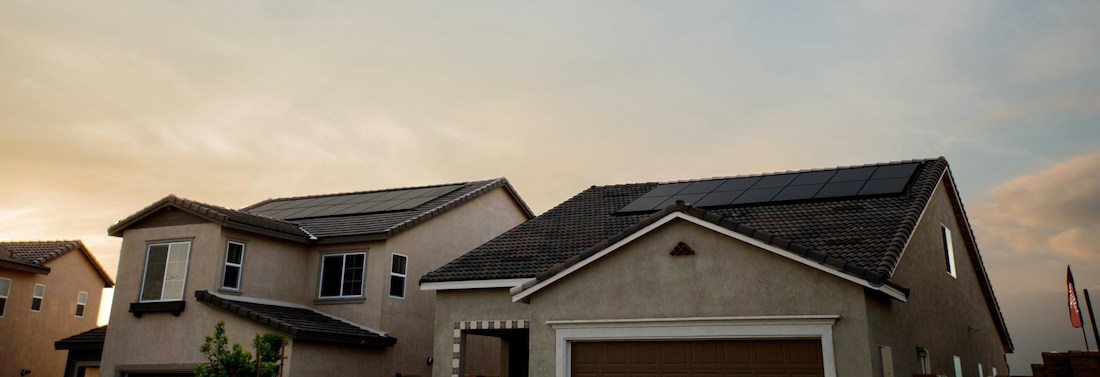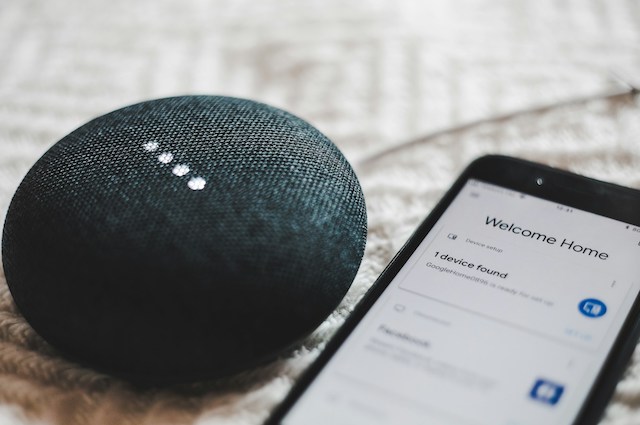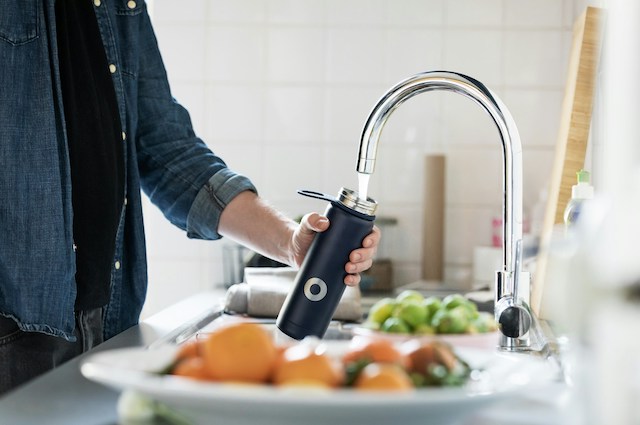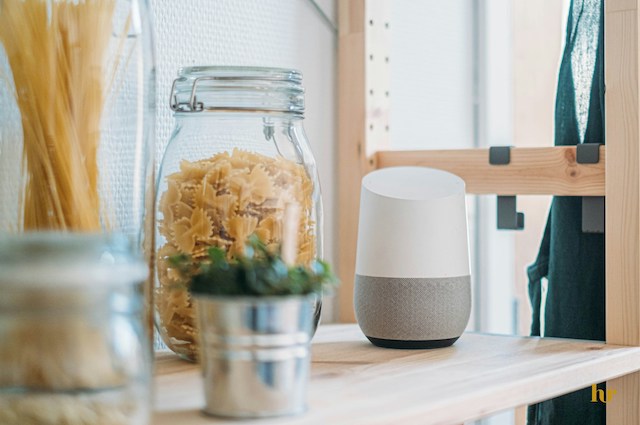Are Smart Homes Truly Eco-Friendly?
A smart home has at least three network-connected devices optimised for remotely monitoring and managing various aspects of the house, such as temperature, water consumption, lighting, security and entertainment, through a central hub, mobile apps or voice commands.
A piece of technology is “smart” when programmed to perform independent action, so each can automate specific tasks.
Why Do People Have Smart Homes?
People live in smart homes to enjoy absolute convenience. Smart home technology lessens the need to control devices and systems manually. With AI, smart devices can analyse patterns in data, identify your preferences and automate how things work to your liking.
Smart devices have taken Australia by storm. Industry experts project the smart home market’s revenue to reach $5.18 billion — about AU$7.99 billion — by 2028. Such demand can make smart homes more attractive to buyers.
So, smart home technology offers convenience and renders properties for sale more marketable, but is it sustainable? Are smart homes eco-friendly, too?
The answer — a resounding yes!
5 Ways Smart Home Devices Promote Sustainability
Smart home devices bring properties closer to sustainability through these five ways.
-
Smart Speakers Improve Fuel Efficiency
Route optimization is a more impactful way to boost fuel efficiency than vehicle maintenance and driver training. This truth applies to private vehicles as much as to trucking fleets. Although you can’t use telematics to find the quickest routes between points A and B, asking a smart speaker about the latest traffic conditions can help you save on petrol.
AI digital voice assistants can help you plan travel to avoid large vehicular volumes. Shortening your commute means burning less fossil fuel to reach your destination.
-
Smart Thermostats Regulate Indoor Climate
A smart thermostat can learn when you want to heat or cool your home and for how long. It can automatically adjust your indoor temperature to attain your desired comfort level.
More importantly, it has sensors designed to detect when nobody’s home and adjust your indoor climate accordingly. Dialling down cooling during the warmest months or lowering the temperature during the coldest months for eight hours a day — when you’re at work, asleep or on a holiday — can slash your energy bills.
Space heating makes up 35% of residential energy consumption in Australian households.
A smart thermostat can reduce this figure and help keep more cash in your pocket.
-
Smart Garage Door Openers Minimise Air Leakage
Insulating the garage to reduce heat loss means nothing if it’s leaky. Forgetting to close its door is as much an energy drain as it is a home security liability. Heat can escape from the garage to the outside through convection, while draughts can seep into the house through gaps around the door. Uncontrolled ventilation accounts for up to 25% of winter heat loss, so making your garage as airtight as possible is necessary.
Investing in a smart garage door opener can bring heightened security and convenience to your home maintenance, while also reducing heat loss. It allows you to control your garage door remotely through a mobile app and schedule opening and closing. A smart garage system with temperature control functionality can monitor indoor conditions for heat-sensitive items, making it a great solution for minimising air leakage.
-
Smart Kitchen Appliances Eliminate Food Waste
Aussies collectively waste 7.6 million tonnes of food yearly — along with the 2,600 gigalitres of water used to produce them. Although food scraps are biodegradable, they emit a ton of methane, which is multiple times more potent at intensifying the greenhouse effect than carbon dioxide.
The root of Australia’s wasteful ways is behavioural, such as storing items poorly, cooking an overly large portion size and tossing leftovers. However, part of its solution is technological. Smart kitchen appliances can help you cut down your food waste at home.
A smart cooker is the ultimate kitchen companion for preparing meals without wasting ingredients. A smart fridge lets you see its contents using its internal camera. This simple feature prevents you from wasting energy by frequently and carelessly opening the door just to view what’s inside. A refrigerator left ajar can waste enough energy to jack up your electricity bill and lead to food spoilage.
-
Smart Bathroom Fixtures Conserve Water
Saving water must be second nature to Australians. However, even the most passionate eco-warriors will find it challenging to monitor their water usage without proper tools.
Luckily, smart showers, toilets and faucets can help you use no more water than needed. Swapping regular bathroom fixtures for smart devices can help you economise and reduce sharp water supply and demand fluctuations.
Smart Homes Are Eco-Friendly Homes
The smarter your home is, the more sustainable it can be. Smart devices can’t single-handedly reduce your negative impact on the planet, but they make it convenient for you to change your environmentally detrimental habits.




